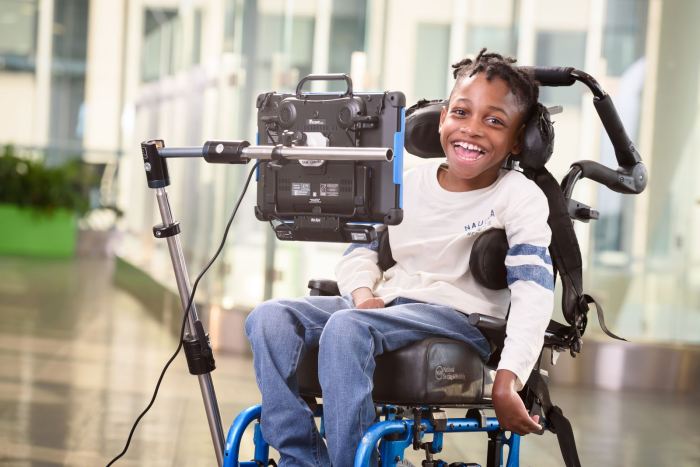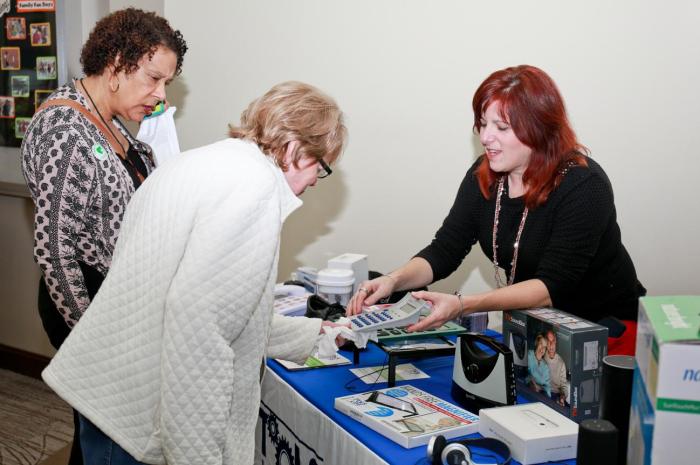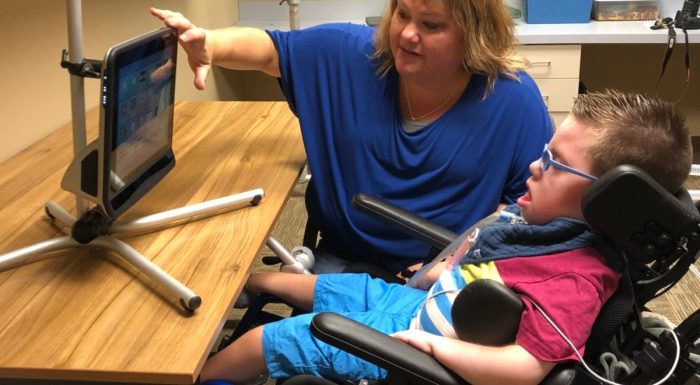Assistive technology for recreation and leisure is revolutionizing the way individuals with disabilities engage in leisure activities, empowering them to participate fully and enhance their overall well-being. From specialized sports equipment to adaptive musical instruments, assistive technology unlocks a world of possibilities, enabling individuals to pursue their passions and live fulfilling lives.
This comprehensive guide explores the types of assistive technology available for recreation, its applications in various activities, and the benefits it provides. It also delves into design considerations and future trends, providing a comprehensive understanding of this transformative field.
Assistive Technology Overview: Assistive Technology For Recreation And Leisure

Assistive technology refers to devices and systems designed to enhance the functional capabilities of individuals with disabilities. These technologies play a pivotal role in recreation and leisure activities, enabling individuals to engage in meaningful and enjoyable experiences.
Assistive technology offers numerous benefits in recreation and leisure, including improved accessibility, increased independence, and enhanced social participation. It empowers individuals to overcome barriers, pursue their interests, and lead more fulfilling lives.
Types of Assistive Technology for Recreation, Assistive technology for recreation and leisure
A wide range of assistive devices cater specifically to recreational activities. These include:
- Adaptive sports equipment:Modified wheelchairs, handcycles, and other devices enable individuals with mobility impairments to participate in sports such as basketball, tennis, and swimming.
- Sensory aids:Headphones with noise-canceling features, tactile keyboards, and visual aids enhance sensory experiences for individuals with hearing or visual impairments.
- Communication devices:Augmentative and alternative communication (AAC) devices, such as speech synthesizers and sign language interpreters, facilitate communication for individuals with speech or language difficulties.
- Adaptive gaming controllers:Modified controllers with adjustable buttons, joysticks, and other features make gaming accessible to individuals with physical disabilities.
Key Questions Answered
What are the benefits of assistive technology for recreation and leisure?
Assistive technology can enhance mobility, improve dexterity, provide sensory stimulation, and enable individuals to participate in activities they may not otherwise be able to.
How can assistive technology be used in different recreational activities?
Assistive technology can be used in a wide range of activities, including sports, games, art, and music. For example, adaptive bicycles allow individuals with mobility impairments to enjoy cycling, while sip-and-puff controls enable individuals with limited hand function to play video games.
What are the key design considerations for assistive technology for recreation and leisure?
Assistive technology should be user-friendly, accessible, adaptable, and durable. It should also be designed to meet the specific needs of the individual user.


